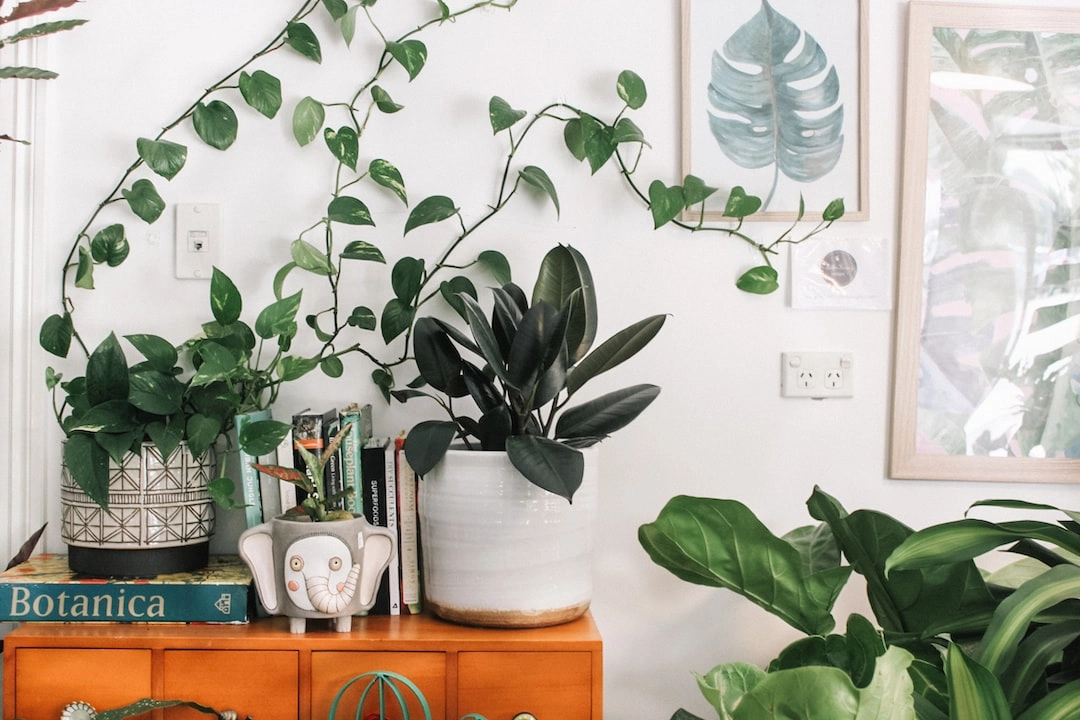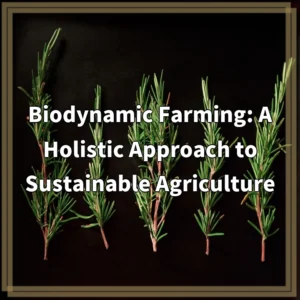What it is:
Eco-Conscious Practices in Home Gardening: How to Create a Sustainable Oasis
Real-world Problems:
1. Soil Degradation:
Excessive use of chemical fertilizers and pesticides in home gardening can lead to soil degradation. This can result in nutrient depletion, loss of soil structure, and decreased water-holding capacity.
2. Water Scarcity:
In many regions, water scarcity is a growing concern. Traditional gardening practices often involve excessive water usage, leading to waste and strain on water resources. Finding sustainable water management strategies in home gardening is crucial to mitigate this problem.
3. Loss of Biodiversity:
Traditional gardening practices may contribute to the loss of biodiversity. Monocultures and the use of genetically modified organisms can disrupt natural ecosystems and reduce the diversity of plant and animal species in the surrounding area.
4. Chemical Pollution:
The use of synthetic fertilizers and pesticides in home gardening can contribute to chemical pollution. These chemicals can contaminate soil, water, and air, posing risks to human health and the environment. Adopting eco-conscious practices can minimize chemical pollution.
5. Food Waste:
Ineffective waste management is a challenge in home gardening. Without proper planning and utilization, excess produce often goes to waste. Understanding methods for reducing and managing food waste can significantly contribute to a more sustainable gardening practice.
By addressing these real-world problems associated with home gardening and adopting eco-conscious practices, we can create sustainable oases that promote environmental health, conserve resources, and support biodiversity.

Solutions to the Real-world Problems:
1. Soil Degradation:
To combat soil degradation, promote healthy soil by practicing composting, mulching, and crop rotation. These practices enrich the soil with organic matter, enhance its structure, and promote nutrient cycling.
2. Water Scarcity:
To address water scarcity, implement water-saving techniques such as drip irrigation, rainwater harvesting, and using drought-tolerant plants. These strategies optimize water usage and reduce waste while supporting a sustainable home garden.
3. Loss of Biodiversity:
Promote biodiversity by planting a variety of native plants, creating habitats for beneficial insects, and avoiding the use of genetically modified organisms. This encourages a balanced ecosystem in the garden and supports the well-being of local flora and fauna.
4. Chemical Pollution:
Minimize chemical pollution by adopting organic gardening practices. Use natural fertilizers like compost and organic pesticides, or explore alternative pest management methods such as companion planting and biological controls.
5. Food Waste:
Reduce food waste by planning garden produce consumption, preserving excess harvest through canning or freezing, and sharing surplus with neighbors or local food banks. Consider composting food scraps to minimize waste sent to landfills.
By implementing these solutions, you can create an eco-conscious home garden that not only sustains itself but also positively contributes to the surrounding environment and community.













